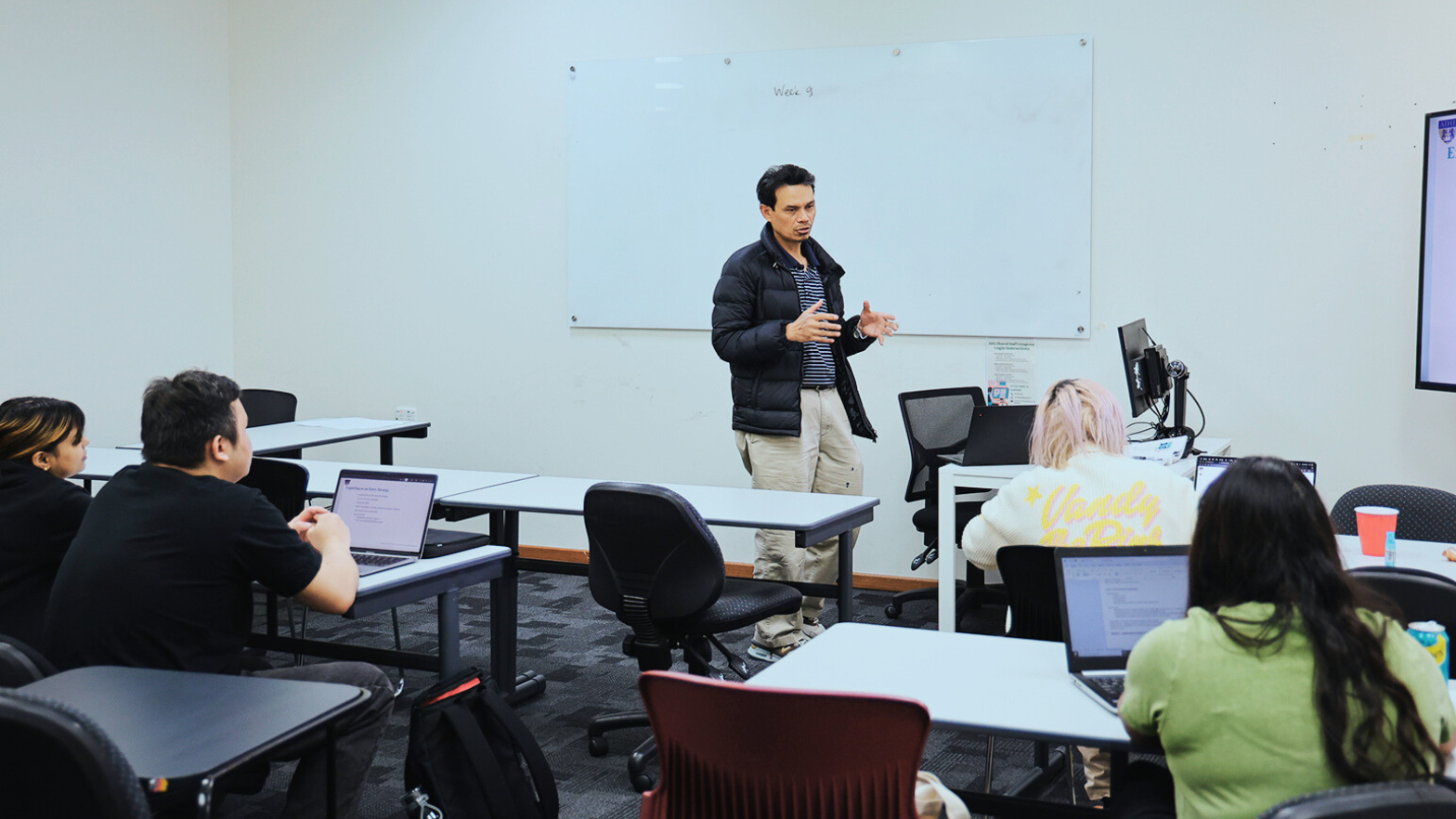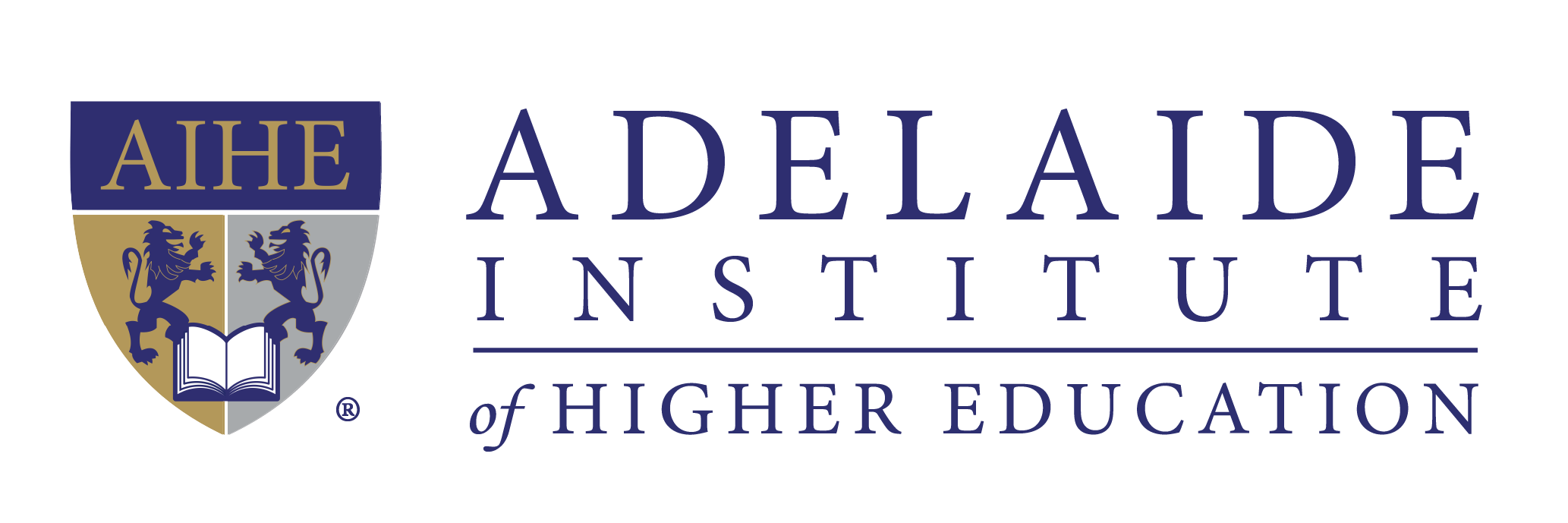GENERATIVE ARTIFICIAL INTELLIGENCE
At Adelaide Institute of Higher Education (AIHE), we recognise the rapid developments in Generative AI and Artificial Intelligence more broadly, particularly their growing influence across the higher-education sector. AIHE remains informed by emerging research and best practice regarding the potential of Generative AI to enhance teaching, learning, assessment, and research. At the same time, we are committed to ensuring its use upholds key ethical principles, equity, transparency, and academic integrity.
What is Generative Artificial Intelligence
(Gen AI)?
Artificial Intelligence vs. Generative Artificial Intelligence?
Artificial intelligence (AI) applications appear under many names and continue to evolve rapidly. Traditional or rules-based AI—such as early spell-check programs, voice assistants, and navigation systems—operates by following fixed sets of instructions. In contrast, these conventional tools are now increasingly being replaced or enhanced by Generative AI (GenAI) technologies capable of producing original text, images, music, and other forms of content.


RESPONSIBLE INNOVATION

AI LITERACY AND EQUITY

HUMAN–AI PARTNERSHIP
Advantages and Challenges of Generative AI
-
It can assist with drafting text, summarising information, and generating ideas quickly.
-
It can assist students and staff in understanding complex topics, improving writing, and practising communication.
-
It can produce images, music, stories, and other creative content for projects or presentations.
-
It can automate repetitive tasks such as formatting or data organisation, or translation.
-
It offers support for users with language barriers or learning difficulties through simplified explanations and language assistance.
-
AI-generated content may contain errors, outdated information, or false references (known as hallucinations).
-
Using AI without proper acknowledgement can lead to plagiarism or academic integrity breaches.
-
AI systems may reproduce biases found in their training data.
-
Excessive use can limit critical thinking, creativity, or independent problem-solving skills.
-
Users must be cautious when sharing personal or institutional information with AI tools.

Student Guide to Using Generative AI (GenAI) Responsibly
AIHE is committed to ensuring students use Generative AI responsibly and in accordance with our academic integrity policies and TEQSA standards. The following FAQs outline expectations, approved uses, and key responsibilities to help you engage with AI tools appropriately throughout your studies.
-
Always refer to the subject outline and assessment briefs for guidance regarding GenAI use. Some assessments will allow the use of GenAI for preparation and brainstorming, but require the final submission to represent your own critical thinking, analysis, and synthesis of information. When in doubt, talk to your lecturer or subject coordinator.

